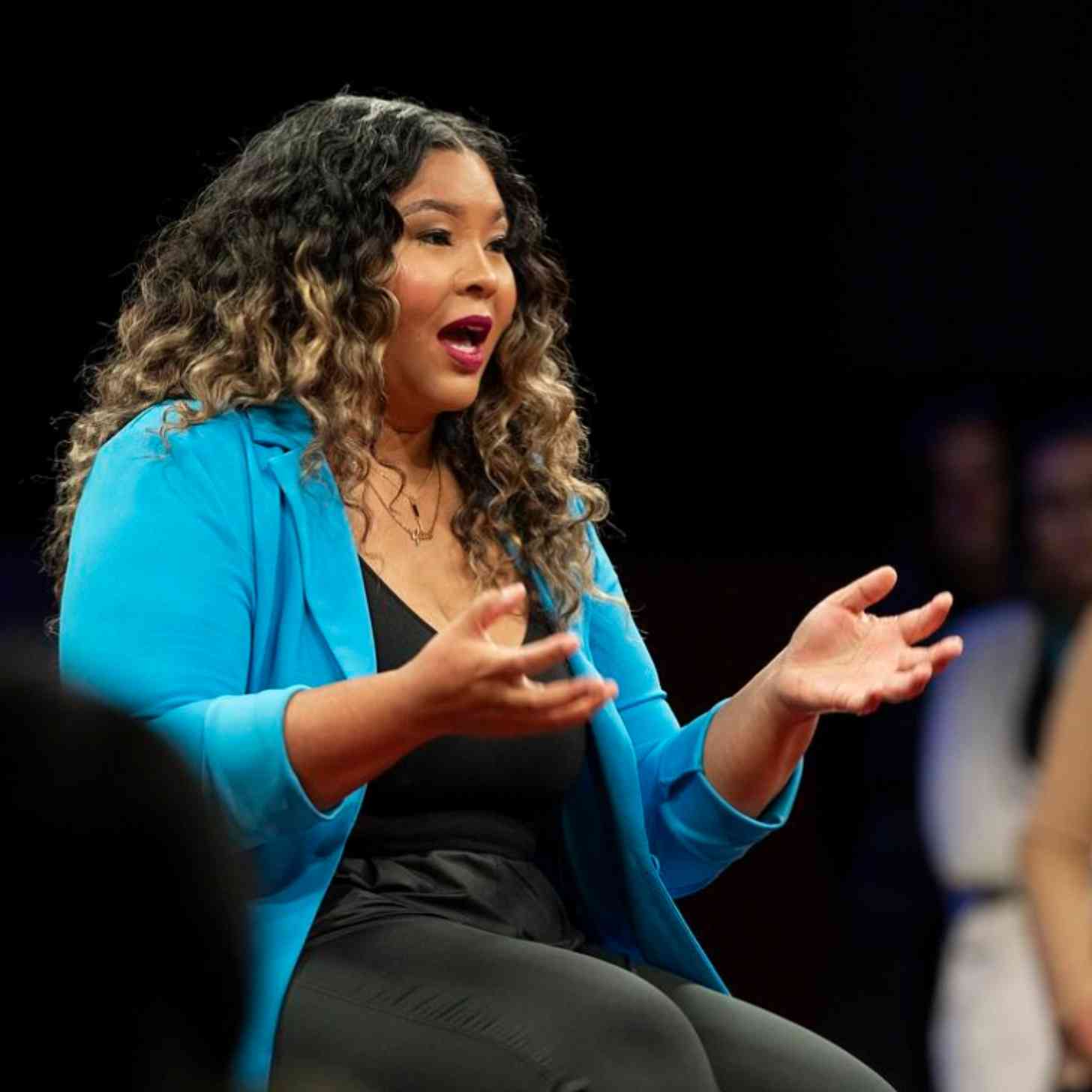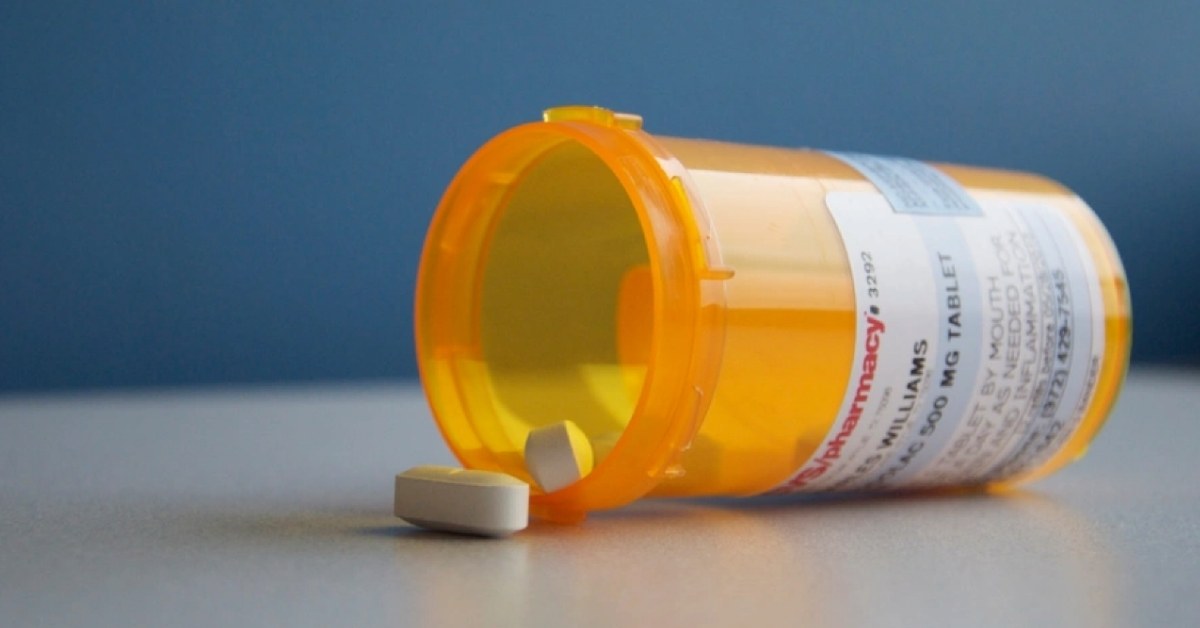At TEDNext in Atlanta, Georgia earlier this week, healthcare expert Kiah Williams acknowledged that the American healthcare system is “a behemoth.”
But she doesn’t think it’s doomed.
“I have never met anyone who works in care who doesn't want to help people,” Williams told Good Good Good. “What's happened is we've created this system that is not set up to do it. And so you have people fighting upstream to do that.”
Williams is the co-founder of Sirum, a nonprofit social enterprise that takes unopened, unexpired prescription medication and redistributes it to low-income communities across the country.
Every year, $11 billion in salvageable prescriptions are flushed or trashed — but Sirum has been hard at work to chip away at those numbers.
With funding support through TED’s Audacious Project, Sirum has grown considerably. Williams said it’s the difference between saving $30 million worth of medication to a whopping $300 million.
It’s a notable feat, especially when drug laws dramatically differ from state to state.

“The thing that's the challenge actually becomes our secret sauce,” Williams said. “There are about 40 states that have drug donation laws on their books, and they vary. They vary in who can donate, what they can donate, and where they can donate.”
“Those are the big challenges that just exist because every state implemented the policy a little bit differently,” she added. “And part of the secret sauce for Sirum, and what we do, is we help organizations and individuals know what they can donate. We basically take care of that for them.”
For Williams, Sirum’s expansion has been in direct response to people across the country reaching out and advocating for their towns.
“It's a combination of looking at where we can be the most helpful, where our community is asking us to come in,” Williams explained. “Oftentimes, when we are working in a new community in a new state, it's because someone has asked us to come there. Someone has said, ‘We have a need. Can you help?’ We like to know that there is an established need that exists.”
Williams is proud of Sirum’s real-world impact. She recalled the story of a mother of two living in Atlanta, Georgia.

“She had high blood pressure, and knew it, and had actually called nine or 10 different pharmacies to see if she could get a good price on the medication she needed. She actually described it as having a part-time job, trying to go out and find these medications,” Williams said.
“It was just really hard for her to find medications that were affordable,” she continued. “She was getting all different pricing. And so then she started working with us in our mail order pharmacy — our home delivery pharmacy Good Pill — and was able to get her medications for $2 for a month's supply.”
As Sirum looks to the future, they hope to continue expanding throughout the country, saving pills — and lives — in the process.
For Williams, that also means fighting for greater price transparency across the board.
“There's still not transparent information that exists for consumers and for families,” Williams said. “And we don't accept that.”
“You can go online and find out what the gas prices are. You can look at different prices for food. For all these basic necessities, generally speaking, the prices are pretty transparent and out there. Why are we not doing the same for something as vital as medication?”
You may also like: Governor addresses SNAP cuts, directs people to 900+ resources: 'How do we help the most vulnerable in our state?'
Header image via Sirum



